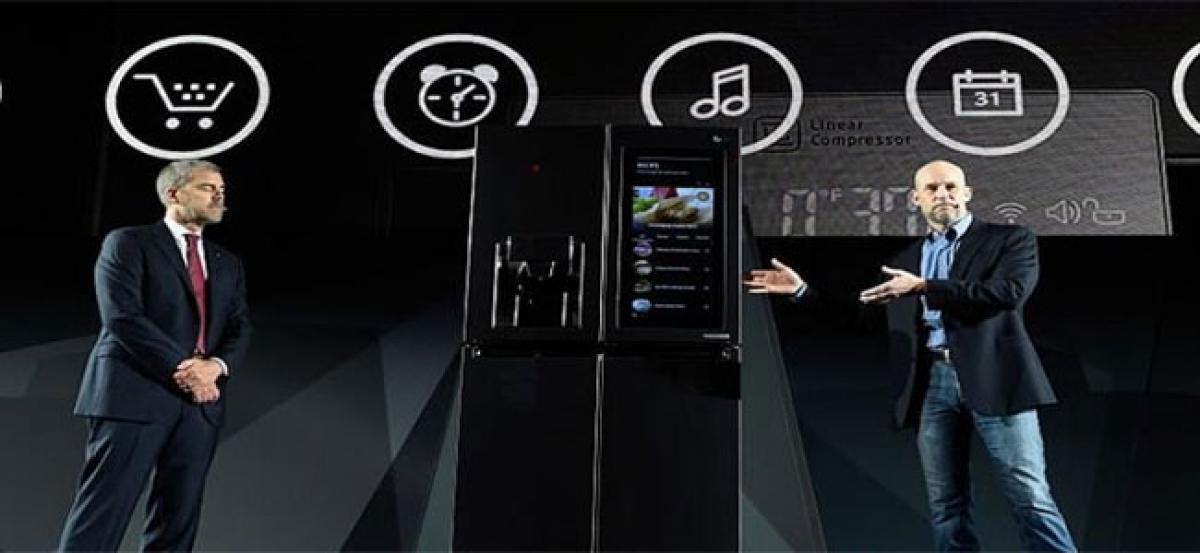Live
- Visakha South NDA MLA Candidate to File Nomination Tomorrow
- Social Media Fame Aayushi Hits Milestone: Reaches 1.6 Million Followers on Instagram
- Alliance MP candidate files papers amid much fanfare
- Telangana: IMD predicts rain in various parts of State
- Rajinikanth unveils stylish avatar in Lokesh Kanagaraj’s ‘Coolie’ teaser
- Akbaruddin files papers as 'backup' for Asad from Hyderabad LS seat
- Prabhas extends generous support to TFDA ahead of Director’s Day celebration
- Manyam district stands first in SSC
- Asad goes full throttle in campaigning as other contenders lack sting in drive
- ACB finds crores worth assets from arrested sub-registrar Taslima









